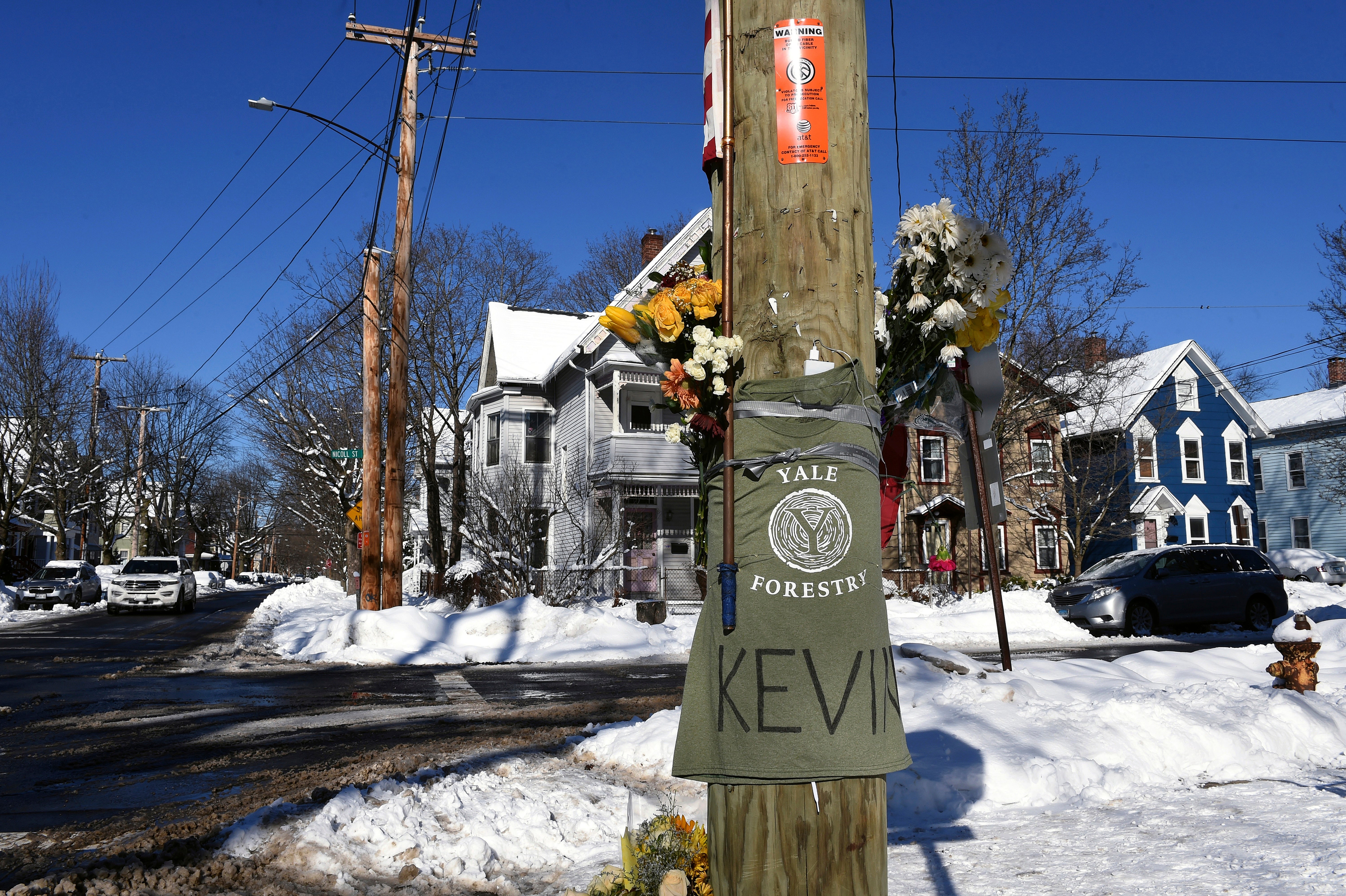Former MIT researcher who killed Yale graduate student sentenced to 35 years in prison
A former MIT researcher has been sentenced to 35 years in prison for the killing of a Yale University graduate student in Connecticut

Your support helps us to tell the story
From reproductive rights to climate change to Big Tech, The Independent is on the ground when the story is developing. Whether it's investigating the financials of Elon Musk's pro-Trump PAC or producing our latest documentary, 'The A Word', which shines a light on the American women fighting for reproductive rights, we know how important it is to parse out the facts from the messaging.
At such a critical moment in US history, we need reporters on the ground. Your donation allows us to keep sending journalists to speak to both sides of the story.
The Independent is trusted by Americans across the entire political spectrum. And unlike many other quality news outlets, we choose not to lock Americans out of our reporting and analysis with paywalls. We believe quality journalism should be available to everyone, paid for by those who can afford it.
Your support makes all the difference.A former researcher at the Massachusetts Institute of Technology was sentenced Tuesday to 35 years in prison for the killing of a Yale University graduate student found shot outside his car on a Connecticut street.
Qinxuan Pan, 33, who pleaded guilty to murder in February, apologized during a hearing in a New Haven courtroom packed with family and friends of the victim, Kevin Jiang.
“I feel sorry for what my actions caused and for everyone affected,” Pan said. “I fully accept my penalties.”
Jiang, 26, a U.S. Army veteran who grew up in Chicago and a graduate student at Yale's School of the Environment, had just left his fiancée's apartment in New Haven on the evening of Feb. 6, 2021, when he was shot multiple times by Pan, according to police and prosecutors. The couple had just gotten engaged days earlier.
Several of Jiang's relatives and friends spoke in court before the judge handed down the sentence, which Pan agreed to as part of his plea bargain.
“My son was a remarkable young man who cherished life and held deep (belief) in God. He had a bright future ahead — one that promised to spread God’s love far and wide,” said Jiang's father, Mingchen Jiang.
A motive for the killing was never made entirely clear. Investigators said they discovered that Pan and Jiang's fiancée were connected on social media and had met while at MIT, where both had graduated from and where Pan was working as a researcher at the time of the shooting.
According to the documents, Jiang’s fiancée told authorities she and Pan “never had a romantic or sexual relationship, they were just friends, but she did get a feeling that he was interested in her during that time.”
After the shooting, Pan fled the scene and eluded police for three months before being apprehended in Alabama, where officials said he was caught living under a fake name with $19,000 in cash, a passport and several cellphones.